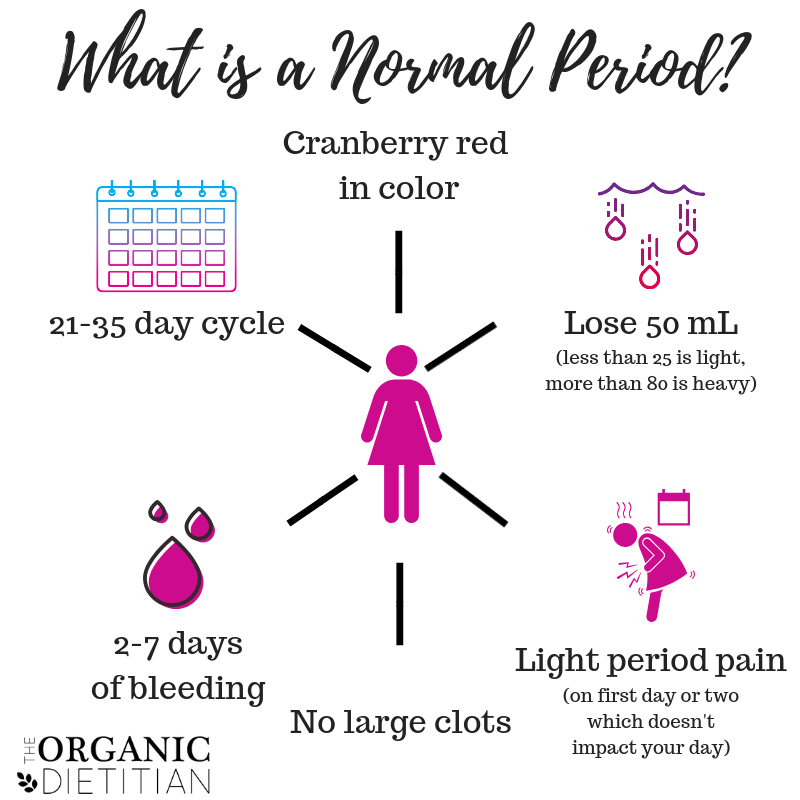
Some months the ovaries might not produce sufficient levels of estrogen and progesterone preventing menstruation altogether. You often hear this is a 28-day cycle. If you are anemic you may have too few red blood cells or too little hemoglobin oxygen-carrying protein in your red blood cells.

However during the last 800000 years. Closer together or further apart. The sweet spot of four weeks is an approximation. Abnormal cycles cycles that are more than 4-5 days different from one month to the next are usually an indication that you do not ovulate normally or that you do not ovulate at all that your hormones may be not normal. The UK will now leave a 12-week gap between both parts of the Covid vaccination rather than 21 days. In England if its not possible to stay 2m apart you should stay at least one metre apart but with extra precautions in place such as face coverings.
Rather than having a period once every 28 days you might get them less or more often.
If your periods are less than 21 days apart from the first day of one period to the first day of the next period or if your period seems to be very heavy or lasts longer than 7 days your HCP may want to check your blood count to see if you are anemic. You bleed for more than seven days. In England if its not possible to stay 2m apart you should stay at least one metre apart but with extra precautions in place such as face coverings. Your period can last between 3 and 8 days but it will usually last for about 5 days. If your periods are less than 21 days apart from the first day of one period to the first day of the next period or if your period seems to be very heavy or lasts longer than 7 days your HCP may want to check your blood count to see if you are anemic. Ordinarily your menstrual cycle occurs every 21 to 35 days and lasts from 2 to 7 days.